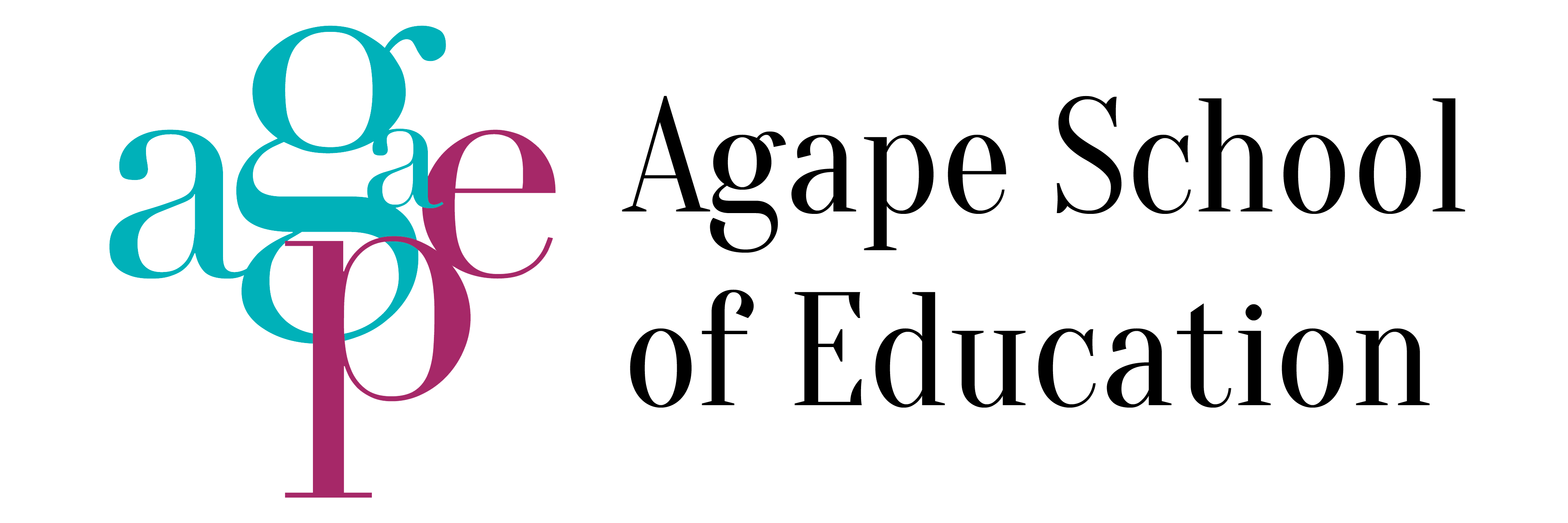Humans are naturally creative, musical and artistic. Yet, our children today are spending less time physically playing, creating imaginary games, and interacting with others meaningfully. Many are becoming socially isolated because their leisure time is spent in front of a computer or television, or with a helper. Studies have shown that this affects their ability to empathise, read emotional language and, most importantly, communicate.
Language skills are essential to a child’s ability to communicate and develop. These skills enable children to engage with other people and learn from their surroundings and in the classroom. Furthermore, multilingualism is great for your child’s brain as there are major cognitive benefits to being able to speak two or more languages as a child. So how can parents achieve this? No, this is not something that can be taught. We simply need to give our children the opportunity to develop these abilities.
 As children, we use our voice and body language to express feelings, but they also serve important learning functions. For example, singing has many surprising benefits for children. Studies have shown that children with a strong sense of beat are more likely to read and listen well. Music stimulates all the senses, helping children recognise patterns and sequence, and promoting creativity, social interaction, self-esteem and memory. Songs can also be useful tools in the learning of vocabulary, not to mention their reflectivity of mother tongue culture. Similarly, creative speech activities support children’s’ needs to socialise and play and helps ‘wire’ the brain, supporting a higher level of thinking. It can help young learners improve their listening and speaking skills, and pronunciation.
As children, we use our voice and body language to express feelings, but they also serve important learning functions. For example, singing has many surprising benefits for children. Studies have shown that children with a strong sense of beat are more likely to read and listen well. Music stimulates all the senses, helping children recognise patterns and sequence, and promoting creativity, social interaction, self-esteem and memory. Songs can also be useful tools in the learning of vocabulary, not to mention their reflectivity of mother tongue culture. Similarly, creative speech activities support children’s’ needs to socialise and play and helps ‘wire’ the brain, supporting a higher level of thinking. It can help young learners improve their listening and speaking skills, and pronunciation.
Perhaps the greatest benefit to using songs and games in the classroom is that they are fun. Interest and joy are important parts of learning a language, something which is often overlooked by teachers. Fun activities can add interest to the classroom routine and improve student motivation. Therefore, learning a language through tools such as song, dance and other creative activities is an effective and motivational way to inspire young students to learn and develop.
For children under the age of 5, Agape School of Education offers a Playgroup programme. The aim of this programme is to enable children to acquire listening, reading, writing and speaking skills in a second language through gesture, creative speech, song and other fun activities. We expose our students to new languages in a way that helps them develop their learning skills freely (without constraint) and boosts their creativity.
We understand that at their level, a linguistically oriented course will not capture their interest or attention spans. This group environment allows them to explore and increase their knowledge faster and more efficiently. Our flexible and adaptable program allows teachers to customise activities to suit every situation and all students.
Contact us today to find an appropriate class for your young child!



0 Comments